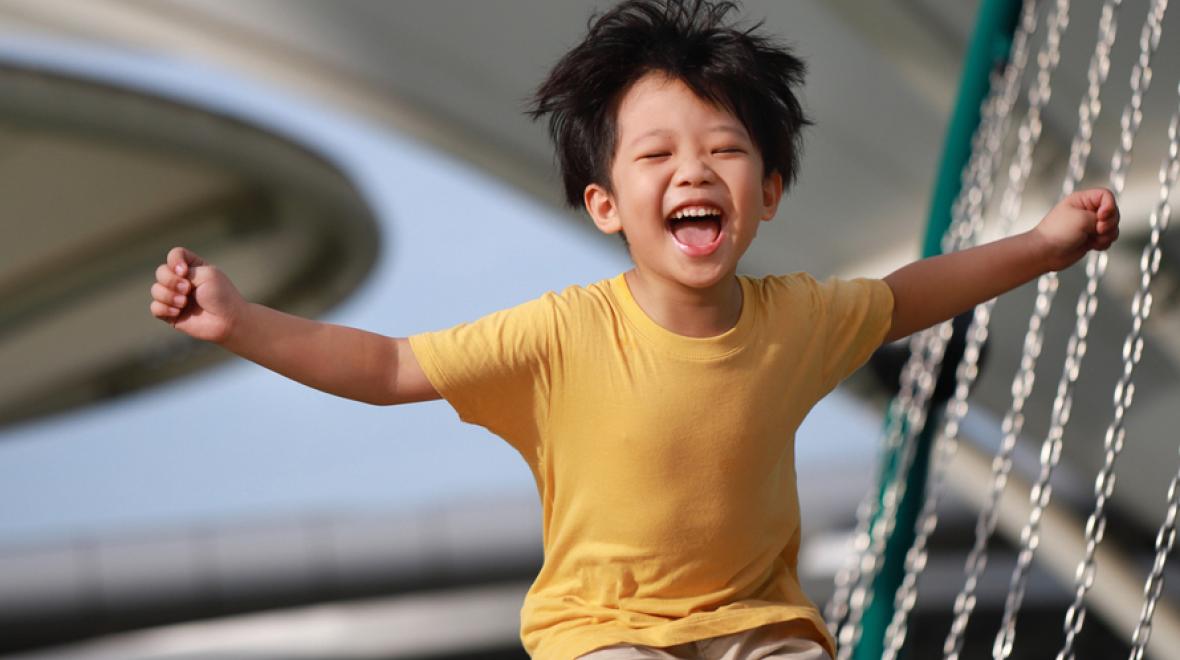
One of the largest studies on childhood and adolescence ever funded is presently underway. Called the Adolescent Brain Cognitive Development (ABCD) Study, its aim is to increase our understanding of the biological, family, social and environmental factors that influence the life course of kids.
The study has already collected data on 4,500 9- and 10-year-old kids from across the United States. Three of the specific focal points are sleep, physical activity and screen time. Why these? Because they are so important!
For years, the American Academy of Pediatrics has recommended daily goals of at least nine hours of sleep, one hour of exercise and a limit of two hours of screen time for entertainment. How many families actually adhere to these daily goals?
- 50 percent of the studied children got at least nine hours of sleep;
- 36 percent had two hours (or less) of screen time;
- 17 percent got the one hour of exercise;
- Only five percent were lucky enough to get all three!
Preliminary findings indicate that the children who had these assets had better cognition than those who did not meet these criteria, as measured by tests of attention, language abilities, episodic memory, working memory, executive function and processing speed. The ABCD researchers will be studying the downstream effects of these assets on mental health.
Of course, there are other important goals for raising healthy kids — nutritious food, positive parenting, a blend of free-range parenting and supervision, and support for emotional, social and cognitive enrichment. But with all the parenting advice available, sometimes it is nice to have concrete goals, especially ones empirically tied to health and good outcomes.
I also like promoting these goals because they support the role of non-screen play, which I consider an antidote to worry, not just a key part of healthy child development. I cite piles of research in my books which emphasize sleep, exercise and non-screen play, but I still find that parents fail to make these goals a top priority because they are anxious about academic performance, unstructured time (especially in parks) and bedtime wars.
It’s ironic to think that recommending “Have more fun!” meets with resistance, but in this era of anxiety, that advice sounds lightweight for parents who view child-raising more like designer carpentry work than gardening.
As developmental psychologist Alison Gopnik describes in her most recent book, the gardener parent knows that, like a garden, childhood is messy, unpredictable and a long-term adventure. The carpenter parent wants to shape the child’s mind; the gardener parent wants to let those minds explore all the possibilities that the world allows. For the gardener parent, being a parent is more like love than work.
So, for this summer, I wish for children to have fun with their families in the garden of their lives — with plenty of sleep, exercise, and non-screen play.











